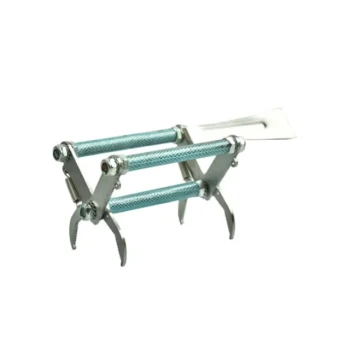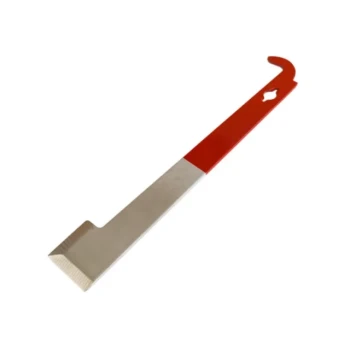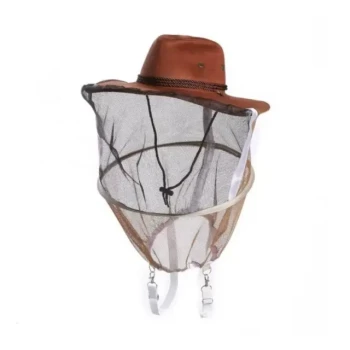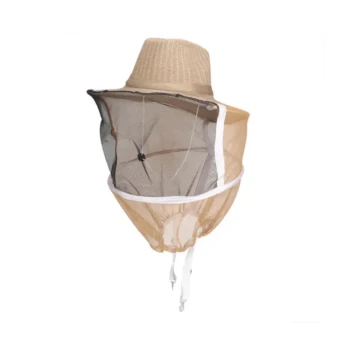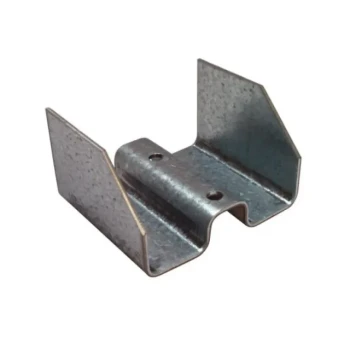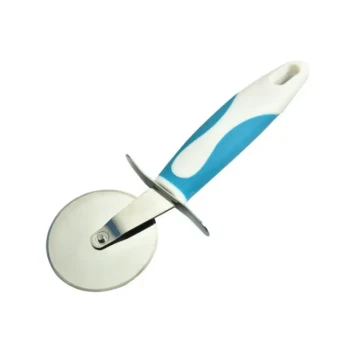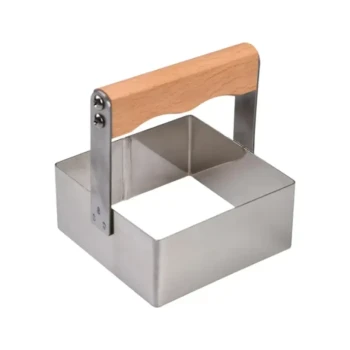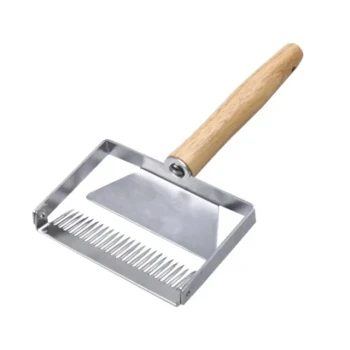At its core, beekeeping is a practice of mutual benefit. It directly supports global ecosystems and food production through pollination while offering the beekeeper tangible rewards like honey and a more resilient apiary. The practice provides a unique intersection of environmental stewardship, agricultural science, and personal fulfillment.
Beekeeping is far more than a simple hobby or a method for producing honey. It is a strategic engagement with natural systems that yields critical benefits for the environment, improves the beekeeper's ability to manage healthy colonies, and provides a deeply rewarding personal experience.
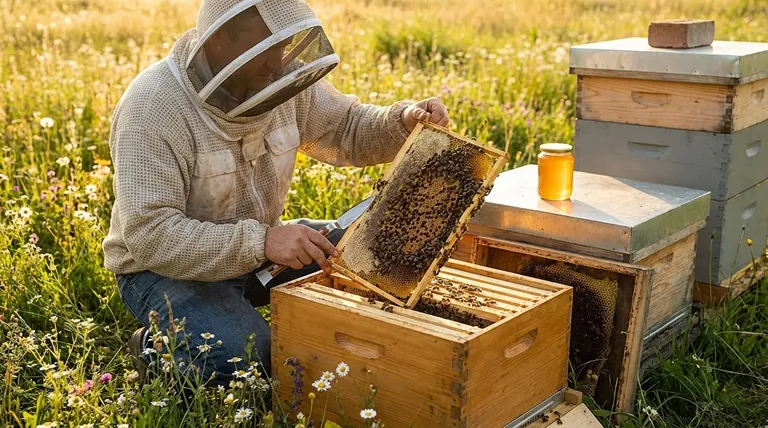
The Global Impact: Pollination and Biodiversity
Beekeeping extends far beyond the boundaries of your own property. By managing honey bee colonies, you become an active participant in supporting the health of the wider environment.
Supporting Global Food Production
Honey bees are master pollinators. Their work is essential for the fruiting and seeding of countless agricultural crops, from almonds and apples to cucumbers and melons. A healthy local bee population directly contributes to food security and agricultural productivity.
Enhancing Ecosystem Health
Beyond farms, bees pollinate wild flora, supporting the biodiversity that underpins healthy ecosystems. This process helps sustain plant populations, which in turn provide food and habitat for a vast range of other organisms.
The Practical Advantage: A More Resilient Apiary
Effective beekeeping isn't just about owning bees; it's about using specific techniques and equipment to foster strong, productive, and sustainable colonies. These practices are benefits in themselves, giving you greater control and stability.
Ensuring Colony Continuity with a Nuc
A nucleus colony, or "nuc," is a small, functioning starter hive. Maintaining a nuc is a key strategic advantage. It provides a ready source for a replacement queen if a main hive's queen is lost, which can save a colony from collapse. You can also use frames of brood from a nuc to boost the population of a weaker hive.
Improving Hive Structure with Foundation
Using foundation—sheets of beeswax or plastic with the hexagonal cell pattern imprinted on them—provides critical structure within the hive. This encourages bees to build straight, stable combs, which are essential for easy hive inspection. Most importantly, it allows for honey extraction using a centrifuge without destroying the comb, so the combs can be reused, saving the bees immense time and energy. It also helps manage the population by reducing the amount of drone comb the bees build.
Managing Swarms and Overcrowding
An empty nuc box serves as a valuable tool for apiary management. It can be set up as a "bait hive" to catch wild swarms, adding new genetics to your apiary for free. It is also perfect for managing overcrowded colonies by performing a split, which prevents your own bees from swarming away.
Understanding the Trade-offs
While the benefits are significant, a clear-eyed view of the challenges is essential for success. Beekeeping is a commitment that requires knowledge and diligence.
The Required Learning Curve
You cannot simply buy bees and expect them to thrive. Success requires understanding bee biology, pest and disease management, seasonal cycles, and proper hive inspection techniques. It is an ongoing learning process.
The Commitment of Time and Resources
Beekeeping involves an initial investment in bees, hive components, protective gear, and extraction equipment. It also demands a regular time commitment for inspections and management, especially during the active spring and summer months.
The Inevitability of Colony Loss
Even with expert management, hives can be lost to disease, pests, harsh weather, or queen failure. The references to needing replacement queens and boosting weak hives underscore this reality. Resilience as a beekeeper means preparing for and accepting potential setbacks.
The Personal Reward: Beyond the Hive
Finally, the practice of beekeeping offers profound personal benefits that connect you more deeply to your food, your environment, and the rhythms of nature.
The Tangible Sweetness of Honey
One of the most obvious rewards is a harvest of pure, raw honey. The ability to produce your own sweetener is a direct benefit of the honey extraction process made possible by well-managed combs.
A Deeper Connection to Nature
Working with bees requires you to become keenly aware of your local environment. You will notice weather patterns, blooming schedules, and the subtle shifts of the seasons in a way you never have before. It is a uniquely rewarding practice.
Beekeeper Comfort and Safety
Modern equipment has made the practice safer and more comfortable. For instance, ventilated beekeeping clothing uses multiple layers of synthetic material to allow for airflow, keeping you cooler in hot weather while still providing robust protection from stings.
Making the Right Choice for Your Goal
To decide if beekeeping is right for you, consider your primary motivation.
- If your primary focus is ecological impact: Your role as a beekeeper directly supports local pollination for both wild flora and agriculture.
- If your primary focus is self-sufficiency: The practice offers a sustainable source of honey and beeswax, along with the satisfaction of managing a productive part of your homestead.
- If your primary focus is the technical challenge: You will benefit from using tools like nucs and foundation to strategically manage colony health, reproduction, and productivity.
Ultimately, beekeeping is a multifaceted endeavor that rewards diligence with benefits for the planet, your apiary, and yourself.
Summary Table:
| Benefit Category | Key Advantage |
|---|---|
| Global Impact | Supports food production & biodiversity through pollination. |
| Practical Apiary Advantage | Stronger colonies with nucs, straight combs with foundation, and swarm management. |
| Personal Reward | Harvest your own honey and connect deeply with nature safely. |
Ready to build a stronger, more productive apiary?
At HONESTBEE, we supply commercial apiaries and beekeeping equipment distributors with the high-quality, wholesale-focused supplies needed for success. From durable nuc boxes and foundations for straight comb building to protective, ventilated clothing, our equipment is designed to help you maximize the benefits of beekeeping.
Contact our expert team today to discuss your wholesale needs and how we can support your operation's growth and resilience.
Visual Guide
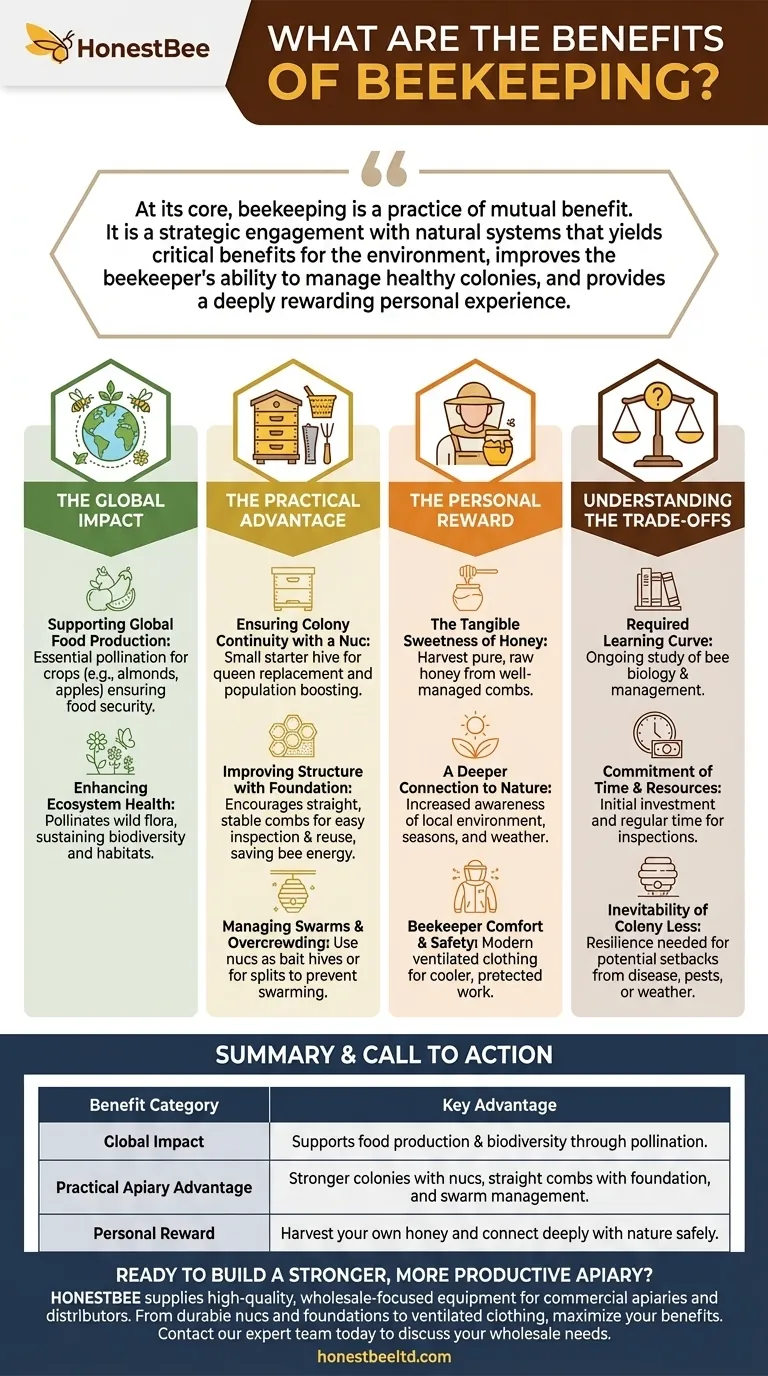
Related Products
- HONESTBEE Premium Italian Style Hive Tool with Hardwood Handle
- HONESTBEE Advanced Ergonomic Stainless Steel Hive Tool for Beekeeping
- Wholesales Dadant Size Wooden Bee Hives for Beekeeping
- Professional Galvanized Hive Strap with Secure Locking Buckle for Beekeeping
- Professional 3-Bar Frame Grip with Integrated Hive Tool
People Also Ask
- What is a hive tool used for in beekeeping? Your Essential Guide to Hive Management
- What is the significance of professional hive-making tools? Scale Your Stingless Bee Farm with Precision Equipment
- What is required for regular inspections in both Flow Hives and Langstroth hives? Essential Beekeeping Tasks Explained
- How is a hive tool used for inspecting the hive? Essential Techniques for Every Beekeeper
- What are the normal functions of a hive tool? The Essential Multi-Tool for Every Beekeeper




